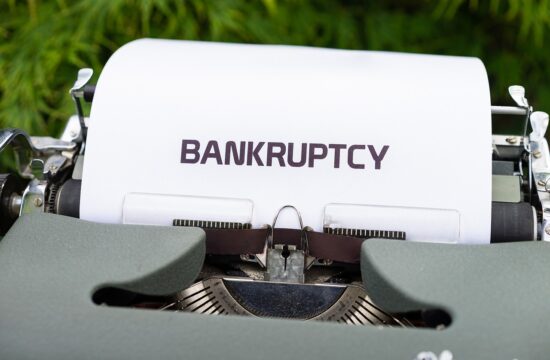Bankruptcy is a legal process in a federal court that allows individuals and businesses to resolve debts while protecting their assets. It’s often viewed as a negative stigma, but the truth is it can be one of the most positive and responsible financial steps people can take for themselves and their families.
1. You’ll lose everything
Bankruptcy is often viewed as something negative, but this could not be further from the truth. Congress created bankruptcy laws to help good hardworking people who find themselves in financial difficulties. Many factors can lead to financial hardship, including medical emergencies, job loss, divorce and economic downturns. These are reasons why responsible people file for bankruptcy.
While bankruptcy is a powerful tool, it is not meant to strip individuals of everything they own. State and federal laws include exemptions that allow filers to keep their primary residence, personal vehicles, household goods and tools of the trade.
Additionally, many individuals are able to qualify for mortgages within a few years of filing if they demonstrate responsible financial management. Our bankruptcy team can help you weigh your options based on facts, not myths.
2. You’ll lose your job
There are a lot of misconceptions about bankruptcy, and these myths can prevent people from seeking the financial help they need. At Padgett & Robertson, we work to separate myth from fact, so people facing financial difficulty can weigh their options with clarity.
Thankfully, it is illegal for federal or state employers to fire you solely on the basis that you filed for bankruptcy. However, private employers aren’t bound by the same laws and may take your bankruptcy filing into account when hiring you.
Many people think only irresponsible individuals file for bankruptcy, but this couldn’t be further from the truth. Many factors can lead to financial distress, including medical emergencies or job loss. Fortunately, filing for bankruptcy can stop garnishees and give you the breathing room you need to find a new job.
3. You’ll lose your home
Bankruptcy is a legal process that can offer you the opportunity to get back on your feet and rebuild your credit. It stops creditors from taking action against you and gives you the chance to sort out secured debts (which require collateral such as a home or car), unsecured debts, court restitution orders, and back taxes.
In reality, it’s very unlikely you will lose your home in bankruptcy. Most states have exemptions that protect things like cars, homes, household goods and furnishings, IRAs, retirement accounts, the cash value in life insurance policies, and wages.
Despite this, it’s important to understand how bankruptcy can affect your house before making the decision to file. This is an issue that should be discussed with a qualified bankruptcy attorney.
4. You’ll lose your car
Depending on the extent of your debt and the value of any assets, you might be required to sell some property. However, most people keep their car after filing for bankruptcy. Some turn to friends or family for help paying off their loan, or they swap the lease with another person and take over payments on a different vehicle from a lender specializing in redemption loans.
Others find that they are able to qualify for a mortgage within a few years after receiving their discharge, and responsible financial management allows them to purchase a home. Some even buy cars with cash or on credit cards that offer a low interest rate and can be paid off quickly. This isn’t a sign of irresponsibility, it’s a way to get back on your feet.
5. You’ll lose your credit
Although bankruptcy can affect your credit, it’s not a quick and effortless escape from financial responsibility. Bankruptcy is a structured process with legal and financial obligations before, during and after filing.
Some people think they’ll lose everything from their yacht to their mansion in a bankruptcy filing, but the truth is much more realistic. Only property that isn’t protected by an exemption is at risk and unnecessary luxury goods can be sold to help pay your debts.
Similarly, while Chapter 13 bankruptcy does impact your credit and stays on your report for seven years, the rebuilding begins shortly after discharge. Additionally, it’s possible to file multiple times in a lifetime due to life changes, such as illness, divorce, job loss or unavoidable expenses. For more help with bankruptcy concerns, it is important to consult a professional bankruptcy lawyer. With their knowledge, sites like https://www.ljacobsonlaw.com/pa/york-bankruptcy-attorney/ have a lot of valuable information that can help you get in touch with a bankruptcy lawyer.


